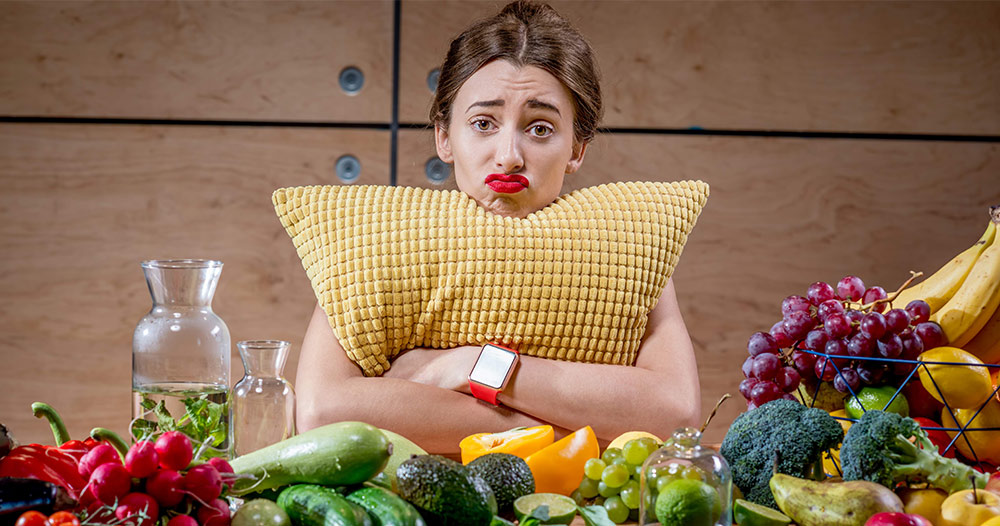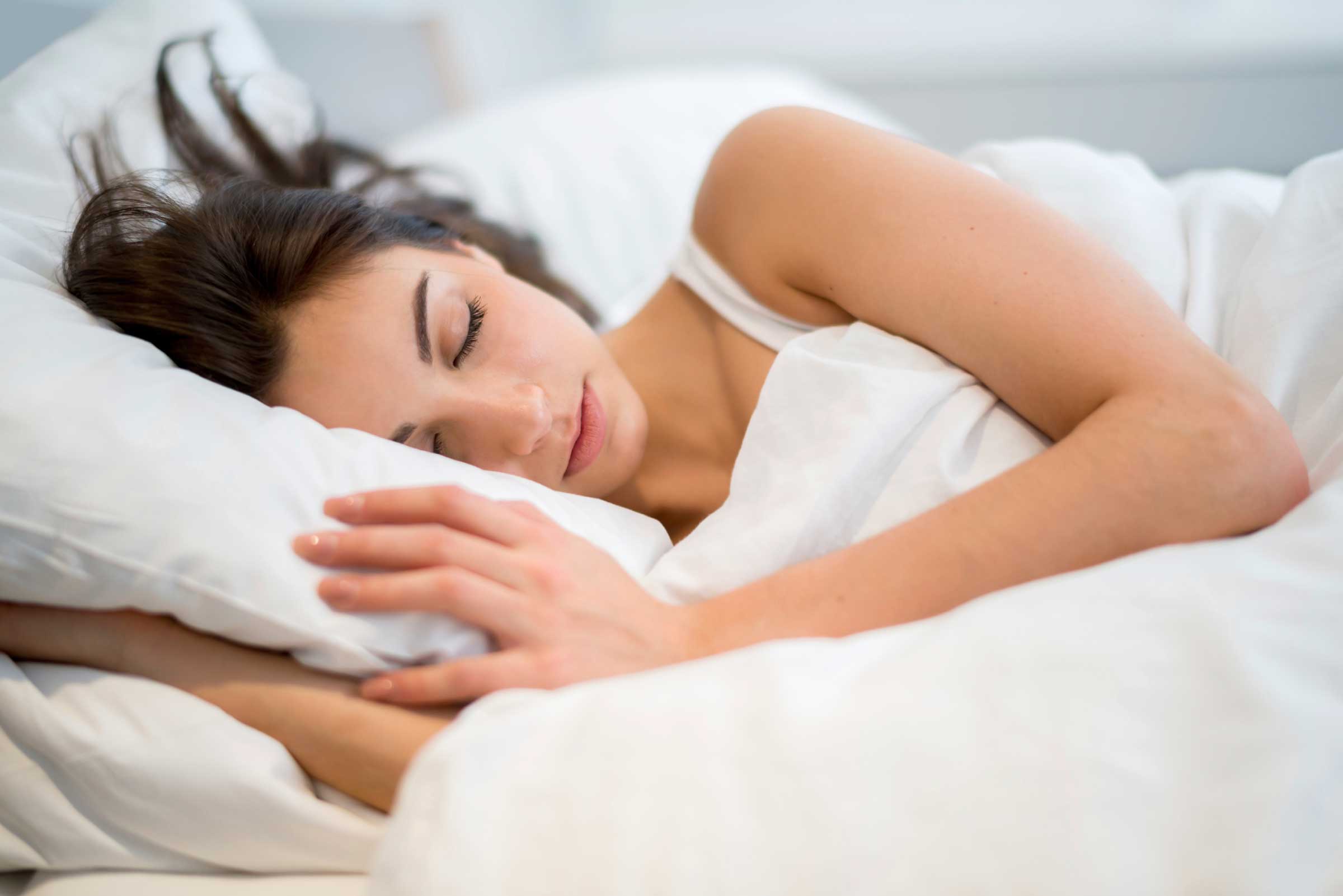A reasonable amount of sleep is essential for your overall wellness. Sleep promotes your immune system, keeps your digestion healthy, enhances brain function and reduces the risk of chronic illness. For that reason, foods that help you sleep are sometimes essential for you to avoid different illnesses or uncomfortable body conditions.
Best Foods That Will Help You Sleep
Do you experience sleeplessness nights? Then consider changing your diet. Try consuming foods rich in calcium, magnesium, tryptophan, potassium, Vitamin B6, Vitamin D, and Omega-3 acids. Below is a list of foods which have helped me sleep well at night.

1. Walnuts
Walnuts improve the quality of your sleep because it contains tryptophan and omega-3 fatty acids. Tryptophan helps in the production of melatonin and serotonin which are agents that induces sleep, while omega-3 fatty acids get converted to DHA, which contributes to increased production of serotonin, a sleep-enhancing hormone. I usually take a handful of walnuts to help me sleep faster.
2. Kiwi
Kiwis contain a good amount of nutrients such as Vitamin C, Vitamin K, potassium, folate and carotenoids. Kiwis have shown the potential to enhance sleep when taken before bed. The antioxidants and serotonin found in kiwi are believed to reduce inflammation thus playing a part in promoting sleep.
3. Almonds
Nuts are types of foods that help you sleep, and almonds happen to be one that helps with sleep issues. Almonds contain magnesium and melatonin. Magnesium found in almonds is responsible for boosting sleep quality. Cortisol, a stress hormone, is believed to be decreased by magnesium. Moreover, it can reduce inflammation, thus promoting sleep. A handful of almonds before bed will improve your quality of sleep.
4. Chamomile tea
Taking chamomile tea before bed has improved my sleep quality. Chamomile tea is a herbal tea which has a lot of health benefits. It's known to reduce depression, boost the immune system, relieves anxiety, promotes relaxation and most importantly, helps you to sleep. Chamomile tea contains antioxidants known as apigenin that help in insomnia reduction, thus promoting sleep. Additionally, general drinking of tea is linked with the increasing production of the glycine chemical responsible for relaxation of muscles and nerves.
5. Fish
Fish such as tuna, salmon, trout, tilapia, mackerel, and halibut are not only healthy but also a great source of Vitamin D, Vitamin B6, and omega-3 fatty acid. The combination of omega-3 fatty acid, Vitamin B6 and D are associated with properties that are responsible for sleep improvement. Vitamin B6 found in fish is needed to make serotonin and melatonin (a hormone triggered when it's dark). Try taking fish before bed, and it will help you sleep well.
6. Dairy products
Dairy products are also foods that help you sleep. Dairy products such as milk, yogurt, crackers and cheese have a good amount of calcium. Calcium especially helps the elderly and infants sleep and regulate their muscle movements. Tryptophan found in dairy products is used to produce a sleep inducing-hormone known as melatonin. Casein, a milk protein found in cheese, helps your body to withstand overnight muscle repair and growth when taken before sleep.
7. White rice
White rice is a very popular dish in many countries. It has a high glycemic index due to the absence of fiber and the presence of high carbs. This high glycemic index contributes to the natural level increase of insulin and blood sugar which explains why you sleep better after the consumption of white rice.
8. Bananas
Bananas are rich in potassium and contain tryptophan, magnesium and Vitamin B6. Magnesium and tryptophan are natural sedatives while Vitamin B6 assists in the production of melatonin - a sleeping-inducing hormone - that helps you sleep at night.

Tips to Help You Sleep Better
Apart from taking foods to help you sleep, here are some top tips that have improved my quality of sleep.
- Do not eat and drink right before going to bed
Eating right before bed will disrupt your sleeping cycle because your digestive system will get active as a result, and this will keep you up. Moreover, drinking before bed will make you want to visit the bathroom frequently thus disrupting your sleep. More so, foods with high-carbs diet take longer to digest. I prefer taking my meals four to six hours before bedtime. This has helped me to have quality sleep.
- Avoid alcohol and stimulants like nicotine and caffeine
Refrain from using stimulants like coffee, black or green tea, soda, energy drinks, and alcohol. Stimulants are used to stimulate alertness and fight exhaustion. At all cost, avoid consumption of alcohol, stimulants, caffeine or nicotine which may deprive you of sleep. If you find it hard to cut-off, it is recommended to stop consuming caffeine at least six hours before going to bed or drinking chamomile tea.
- Exercise regularly
Exercising is beneficial to your body and sleeping pattern. Not only does exercising boost the production of serotonin in the brain, but it also reduces the production of stress hormones like cortisol. To benefit from exercising do not overdo it and avoid exercising a few hours before bed. This is because exercise is a stimulant that can keep you awake most of the times during bedtime. To avoid lack of sleep, I usually exercise in the early morning or late afternoon.
- Limit naps during the day
If you are having troubles sleeping at bedtime, sleeping during the day might be an issue. Most people who have insomnia tend to take naps during the day to compensate for the night sleep. Taking naps is not bad; in fact, it promotes good health. However, if you find yourself very alert at night consider limiting day naps or eliminating them.
- Read something before bedtime
Before switching your bed lights off, take out your favorite book and start reading. I prefer reading a physical book than an electronic book. This is because an electronic book will make it difficult for me to sleep because of the light it emits. The scientific reason behind this is that the light transmitted by the electronic device hinders melatonin secretion, a sleep-enhancing amino acid that is triggered by darkness.
- Make your sleeping environment comfortable
One thing I do before sleeping is to ensure that I sleep in a comfortable environment. This means putting the room in total darkness, free from noises, and controlled room temperature degrees. Darkness stimulates melatonin that helps to boost sleep.
The Final Word
In conclusion, unstable sleeping patterns or lack of sleep can be frustrating at times. It causes physical and mental fatigue. To curb sleep deprivation, you can adapt the above techniques to help you have regular, quality and enough sleep. Taking nutritious food to help you sleep has shown improvement in sleep patterns. However, the above information is based on personal experience. See your doctor when you have serious sleeping problems.



